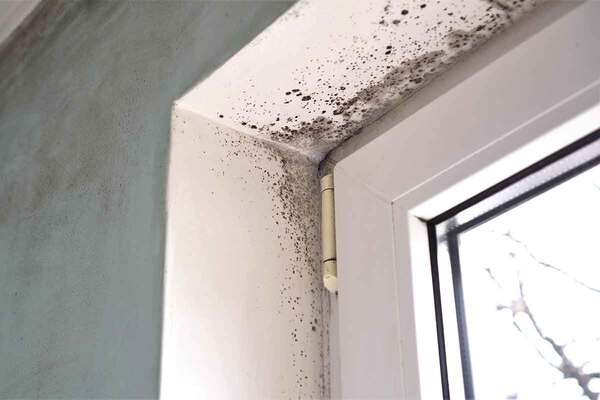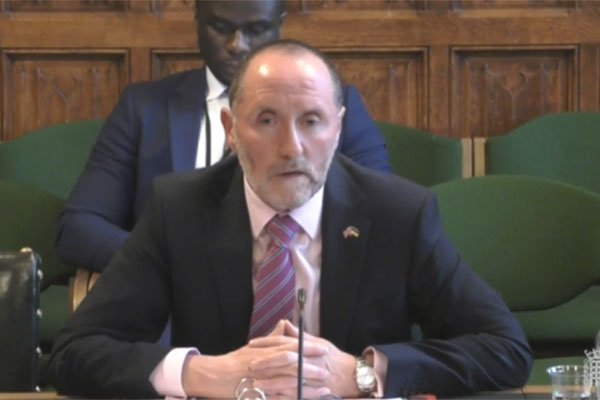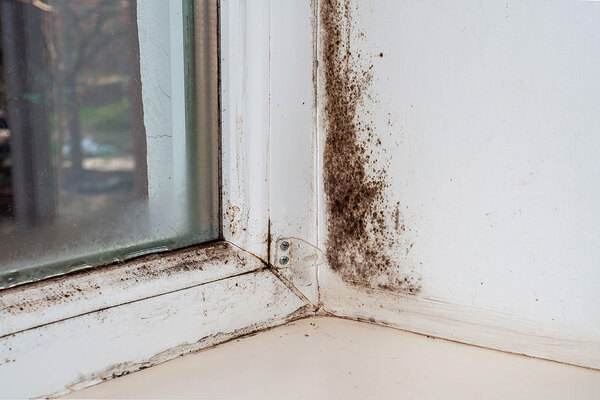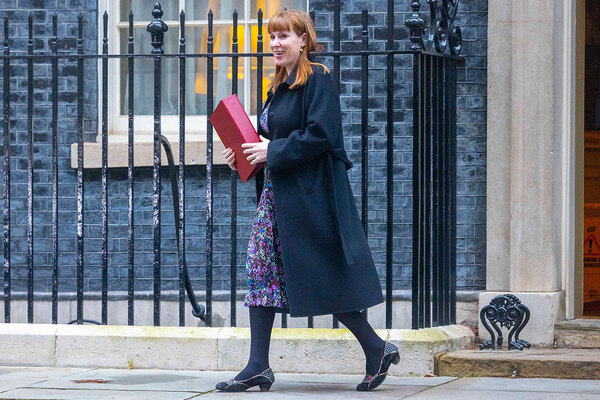Private investment in the sector has had ‘regrettable consequences’, MPs argue
The Regulator of Social Housing’s (RSH) ability to deal with the sector’s increasingly “complex” financial structures must be examined by the government, while social landlords’ growing reliance on private investment has led to “regrettable consequences”, MPs have said.
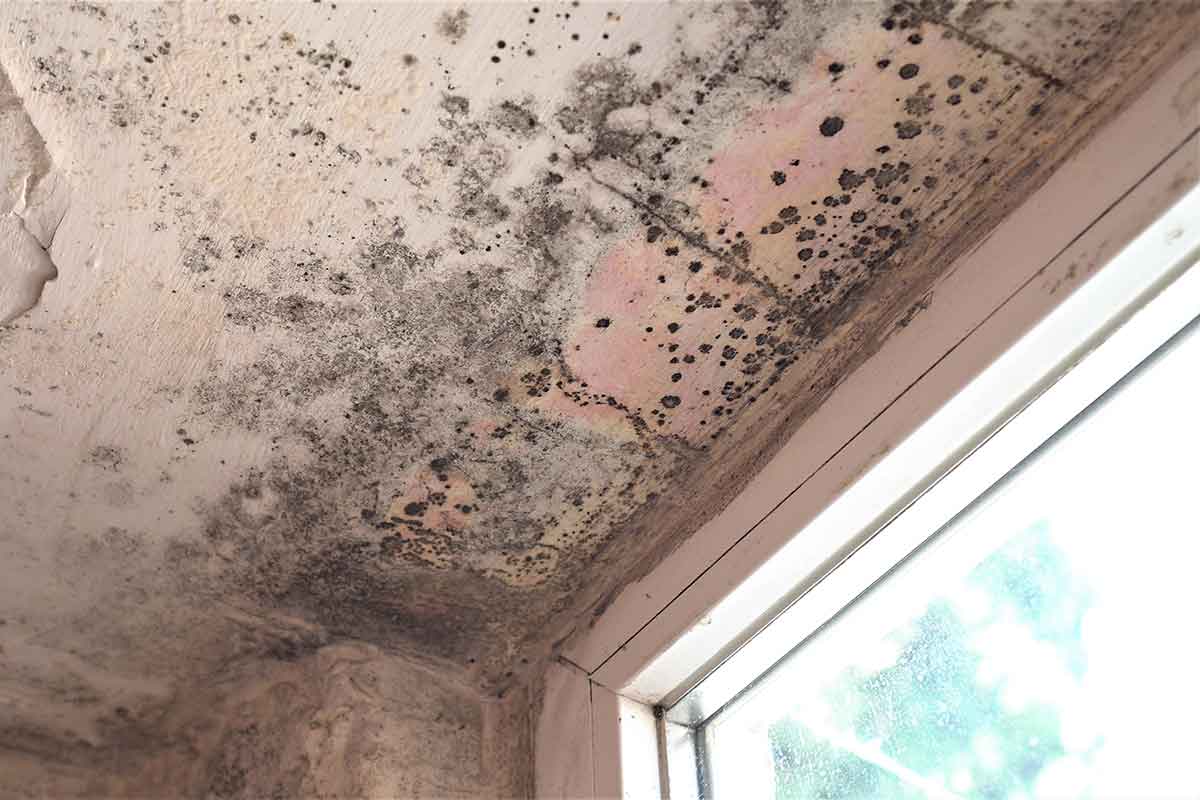
In an 85-page report published today, the Levelling Up, Housing and Communities Select Committee made a wide-ranging series of recommendations after concluding that while most social housing is of a “decent” standard, some homes have deteriorated as to be “unfit for human habitation”.
It comes following a series of ITV News reports exposing poor social housing conditions and government efforts to improve the sector by giving the RSH a consumer function through a new regulatory bill.
Among the MPs’ recommendations, the committee urged ministers to make sure the RSH has the “resources, skills and capacity” to continue to regulate the economic standards properly.
“As part of this, the government must first assess the regulator’s capacity now to understand the complex financial and corporate structures proliferating in the sector,” the report said.
Ministers should have an “open mind” about boosting the agency’s powers around the monitoring of economic standards, the MPs said.
It said the sector had “commercialised and diversified almost beyond recognition” since 2011. “That nothing has gone seriously wrong yet should be no cause for complacency,” the report said.
The cross-party committee said that it welcomed the RSH getting extra powers under the Social Housing Regulation Bill, but that the agency needs the “skills and capacity to continue to regulate the economic standards effectively”.
The report said the sector is now “clearly dependent on high levels of private investment, and will continue to be so” as its deals with building safety costs, decarbonisation and building new homes. “In many respects, this has had regrettable consequences,” the committee said.
“Many housing associations have charitable status because they exist to provide housing for those who have difficulty in affording market rent. The interests of private investors, particularly regarding their return on investments, must not outweigh the welfare of tenants.”
It said the “commercialisation” of the sector has “distanced some providers from their tenants and from their original social mission”.
The regulator should also be given a bigger role in monitoring mergers in the sector to “ensure tenants, not shareholders, are at the centre of any decision to restructure”, the report added.
The committee acknowledged that an increase in powers could mean the Office for National Statistics would reclassify the social housing sector as belonging to the public sector and “so push its debt on to the government balance sheet”.
But it added: “The primary consideration should be the interest of tenants, not where the debt sits… it should be possible to give it a stronger role in monitoring mergers that stops short of such a consent power.”
Elsewhere in the report, the MPs called on the regulator’s “systemic failure” test to be scrapped as it had resulted in “perhaps the most passive consumer regulatory regime permissible”. The test means that the RSH only intervenes at a registered provider when it concludes there is a “systemic failure”.
The committee said: “We strongly urge the Regulator of Social Housing to reconsider its interpretation of its duty to minimise interference and act proportionately.”
The MPs also called on the government to amend the Social Housing Regulation Bill to ensure that the RSH will “engage with tenants whenever it investigates possible breaches of the consumer standards”.
The report also called on the regulator to require that social landlords routinely audit the condition of their stock. The committee said it is concerned that “too many providers are too passive in monitoring the condition of their stock and relying on tenants to report problems”.
Jonathan Walters, deputy chief executive at the RSH, said that the organisation welcomes the report and will “carefully consider the select committee’s findings”.
On the Housing Ombudsman, the committee concluded that a legal requirement should be placed on social housing providers to self-assess against the Housing Ombudsman’s code.
The MPs also called on the ombudsman to increase the levels of compensation it awards to tenants to up to £25,000 to bring it in line with levels in the private rented sector.
Gavin Smart, chief executive of the Chartered Institute of Housing, said that further strengthening the regulator and the Housing Ombudsman would “ensure that landlords are held to account for failures in individual or systemic and structural cases”.
But he added: “It will require appropriate resourcing of both bodies and clear and well-developed ways of working and sharing information.”
To tackle the sector’s reliance on outdated stock, the committee also recommended that the government introduces funding specifically for regeneration that does not require the delivery of net additional housing.
The report also raised the idea of forcing all providers of social housing to register with the RSH. It said the government should ask the Office for National Statistics (ONS) to say whether it would mean reclassifying the sector as part of the public sector. If the ONS said it would not, the MPs recommended that the government should amend the Social Housing Regulation Bill to make all social housing providers register with the regulator.
A Department for Levelling Up, Housing and Communities spokesperson said: “We’re taking action to improve social housing through our new bill. This will give the regulator and Housing Ombudsman more powers, including unlimited fines from the regulator for landlords who fail tenants.
“The biggest suppliers will also be regularly inspected and complaints dealt with quickly and fairly, meaning more people will live in decent and well looked-after homes.”
Sign up for Social Housing’s weekly news bulletin
Social Housing’s weekly news bulletin delivers the latest news and insight across finance and funding, regulation and governance, policy and strategy, straight to your inbox. Meanwhile, news alerts bring you the biggest stories as they land.
Already have an account? Click here to manage your newsletters.
RELATED
